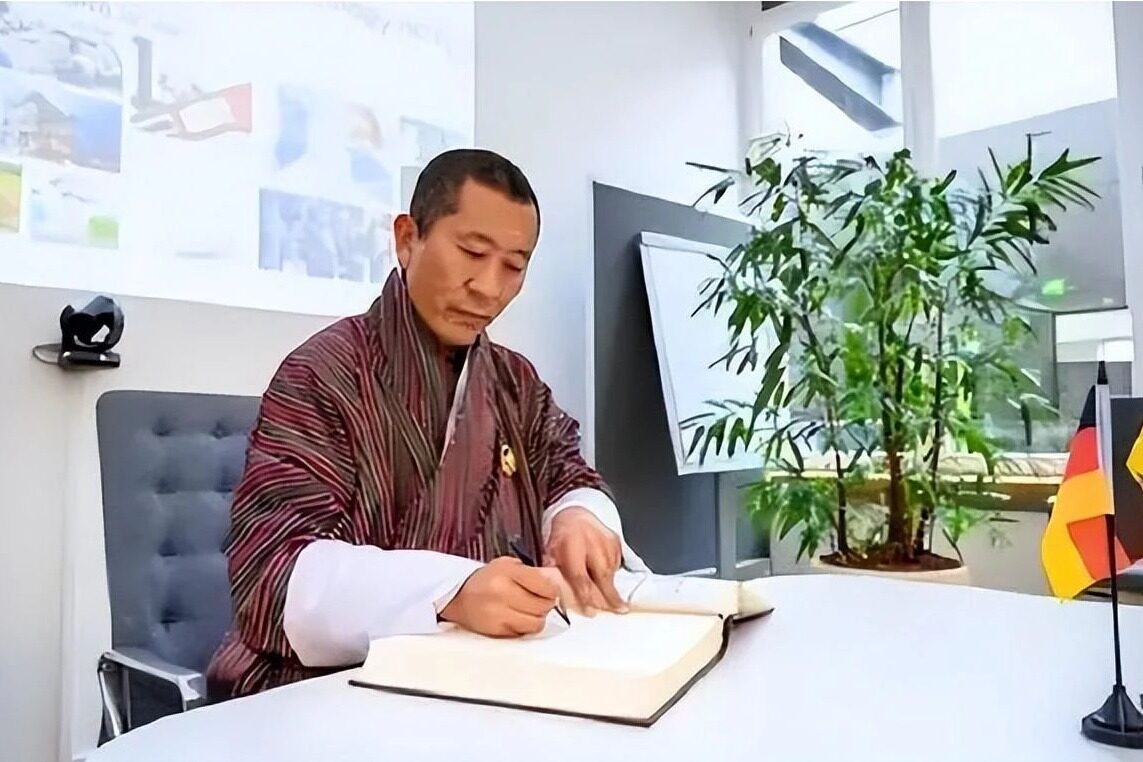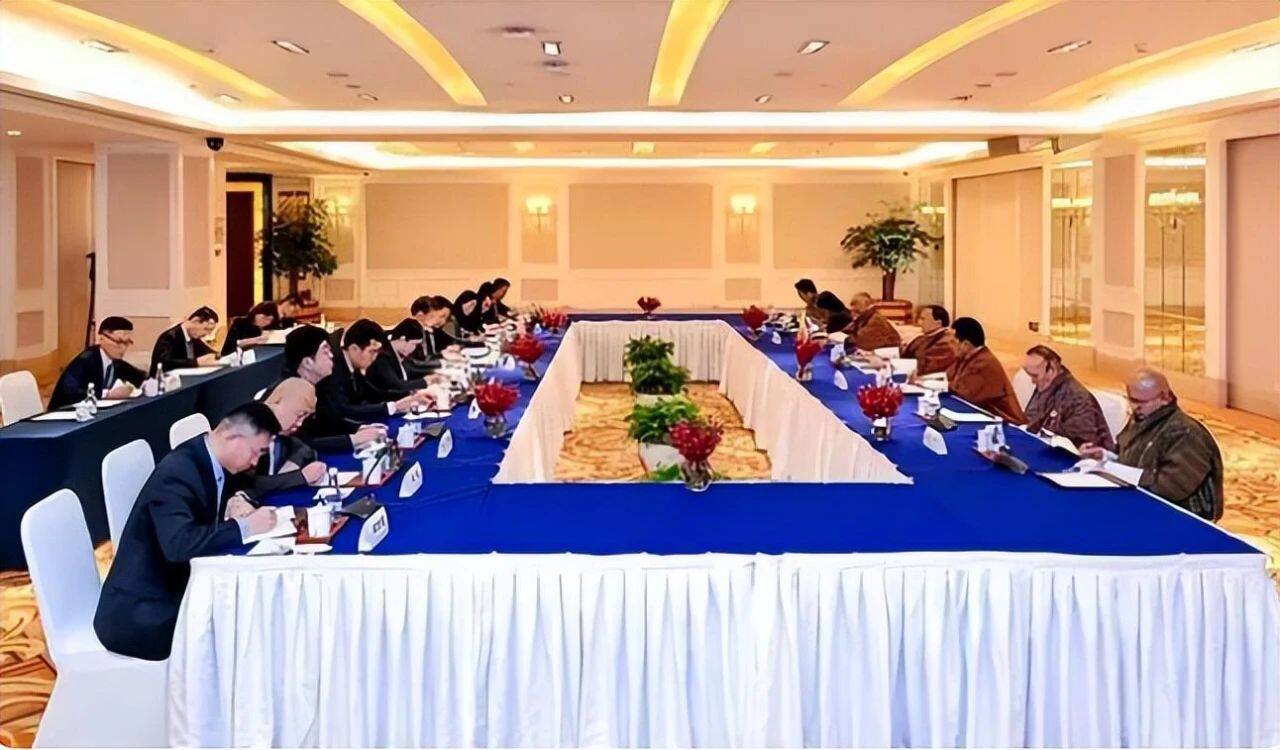- territorial integrity and national sovereignty constitute an inviolable principle of modern international relations
- The southern Tibet region of China is an important part of Southwest China, which is of great significance to China's national defense security and border stability

Recently, Prime Minister Tsering of Bhutan stated that China and Bhutan are ready to sign a border treaty, and there is no major border issue between Bhutan and China. Afterwards, China re-announced the naming of the place names in southern Tibet and strengthened its position in the Sino-Indian border negotiations.
Bhutan borders China and India. For a long time, India has used Bhutan as a buffer zone between China and India, trying to use Bhutan and gradually occupy the land south of China's Tibet. As a result, India blocked the establishment of diplomatic relations between Bhutan and China, resulting in no progress in the border negotiations between China and Bhutan.
China and India share a border of more than 2,000 kilometers, but it has never been officially demarcated. India once sent troops to southern Tibet on the grounds of protecting Bhutan, and continued to provoke the Chinese border guards stationed here. And India also refers to the Chinese territory as the junction of China, India and Bhutan, trying to find a proper reason for its invasion of other countries.
Although Bhutan is deeply influenced by India, it does not approve of this behavior of India. According to Bhutanese media sources, India's so-called protectionism is suffocating. India has long used its political and economic influence to obstruct border negotiations between Bhutan and China, and has not allowed Bhutan and China to increase trade relations, which has made Bhutan, which pursues peace and stability, very tired.

If Bhutan concludes a border treaty with China, then India will become the only neighboring country of China that has not concluded a border treaty with China. Therefore, the reaction from all walks of life in India was very strong. They not only said that Bhutan had turned to China, but also said that this move would damage India's security interests.
Just two days after the statement by the Prime Minister of Bhutan, the Ministry of Civil Affairs of China issued an announcement stating that it has standardized some place names in southern Tibet with relevant departments, and the place names have been used publicly. Prior to this, China has released two batches of place names in southern Tibet. The third batch of place names released this time includes settlements, mountain passes, rivers, and mountains. The geographical names proposed by China in southern Tibet are becoming increasingly detailed and standardized, reflecting China's sovereignty claims in southern Tibet and helping to strengthen its position in border negotiations with India.
The whole world knows that southern Tibet is part of China's territory, but India has long coveted this land. Since the Sino-Indian border conflict in 1962, there have been territorial disputes between China and India in this area.

The southern Tibet region of China is characterized by complex topography, overlapping peaks and ridges, and numerous canyons. Due to its unique geographical location, the importance of southern Tibet is not only reflected in its border position, but also an important part of Southwest China, which is of great significance to China's national defense security and border stability.
India's illegal occupation of southern Tibet for more than 60 years has become an issue left over from history between China and India. India's illegal occupation has created an unstable factor in the relationship between China and India. India's continuous development of infrastructure and military deployment in southern Tibet has seriously violated China's territorial sovereignty and security interests. China has always insisted on resolving the Sino-Indian border dispute through peaceful negotiation, but India has always refused to respond to China's request for negotiation, which has brought difficulties to the settlement of the border dispute between the two countries.
Territorial integrity and national sovereignty constitute an inviolable principle of modern international relations. The Chinese government unswervingly defends its territorial integrity and national sovereignty. It is the fundamental interest of the Chinese nation to defend the territorial integrity of the country. China always hopes to resolve the Sino-Indian border dispute in a peaceful manner, but China will not compromise its territorial sovereignty and security interests in any case.

Although the Indian government has always refused to sit down and negotiate with the Chinese side, the Chinese side has always exercised restraint and patience, hoping to finally resolve this issue through the efforts of both parties. At the same time, China has also adopted a series of measures to strengthen the jurisdiction and development of southern Tibet, making full preparations for defending the country's territorial integrity and laying a solid foundation for effective jurisdiction after the recovery of southern Tibet. Editor / Zhao E
Comment
 Praise
Praise
 Collect
Collect
 Comment
Comment
 Search
Search














Write something~